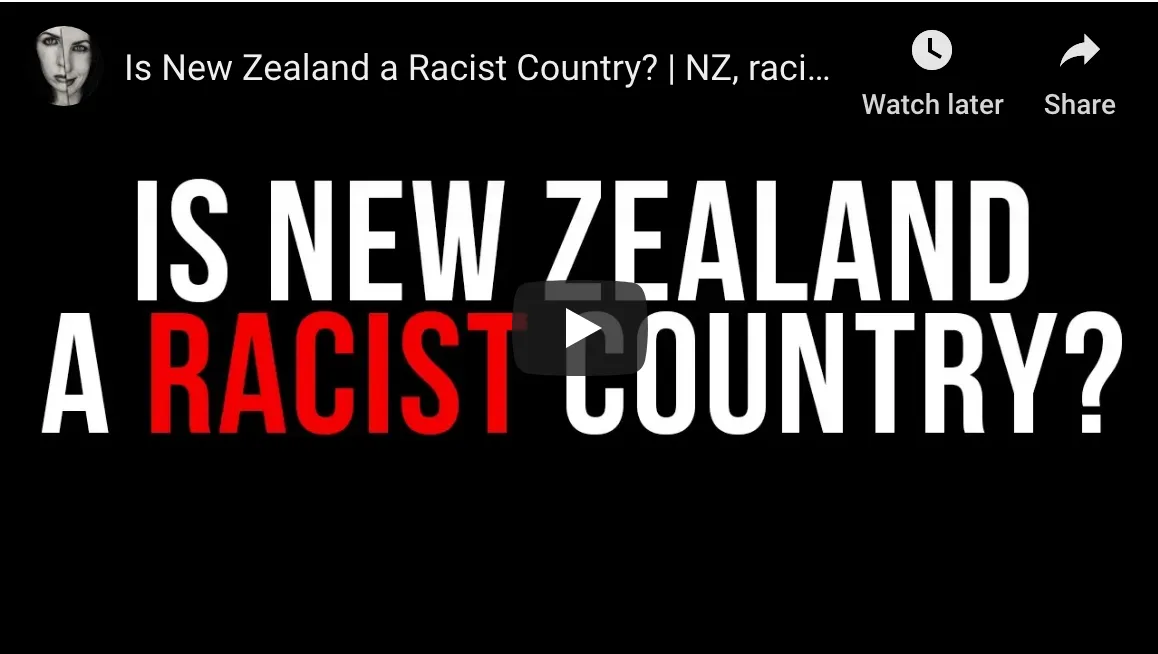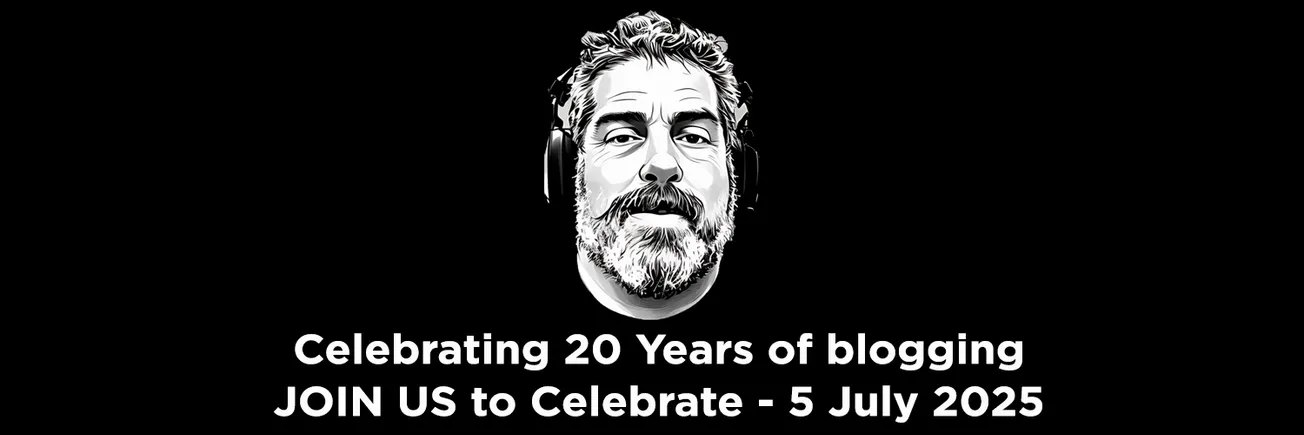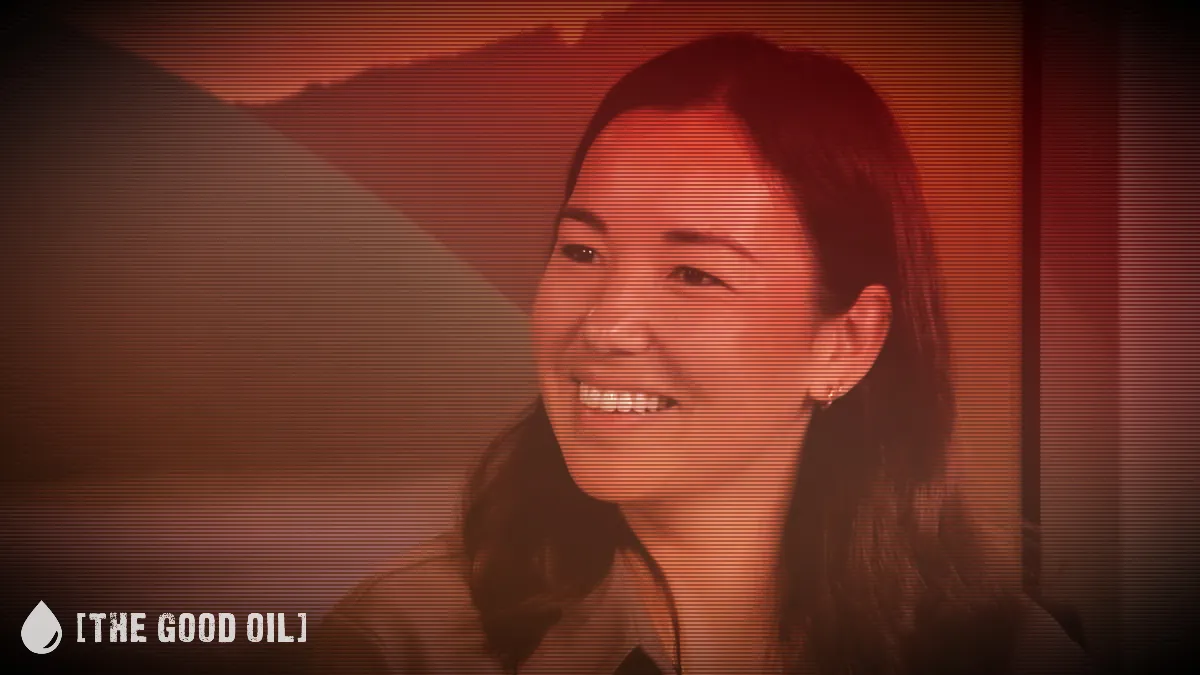Table of Contents
David Cumin of the New Zealand Free Speech Coalition explores the question: “is New Zealand a racist country?”
Full transcript and links to all sources:
I was asked to answer an important question at a recent event hosted by the Indian community in New Zealand: Is New Zealand a racist country? The question was clearly based off a comment that Taika Waititi made in 2018 – calling New Zealand “racist as F*ck” – but the terror attacks in Christchurch on March 15th that have shocked our nation mean it is more important than ever to address the question.
It is very easy to point to historical examples of egregious racism in New Zealand. The poll tax on Chinese, banning Te Reo Maori from being spoken at schools, and preventing all but a few Jewish refugees from Europe are all examples of state-endorsed racism; not to mention the other crimes of colonialism against Maori.
It’s also easy to point to modern examples of racism that would suggest Taika is spot on: – New Zealand is the only Western country not to have acted on inquiry findings that Nazi war criminals emigrated here posing as refugees; – New Zealand is the only Western country in which a university has awarded a degree for Holocaust denial; – Four of my Auckland primary-school mates were stabbed by a woman wanting to kill Jews in 1990 just before my mum dropped me off.
I’ve seen swastikas on flags marched down Queen St at the same rally where a man yelled “Bash the Jews. Cut their F***ing heads off” and no one batted an eyelid; – I’ve seen mainstream journalists call a Waffen SS Nazi a “remarkable survivor” on air, as part of a scripted segment; I’ve seen a Human Rights Commission advisor endorse a man who called Jews “the enemy” and said the Jews’ “protocol is to rule the entire world”.
I’ve seen, and continue to see, social media posts from Kiwis that would have fitted in perfectly during the Third Reich; – I’ve heard far too many stories of people refused jobs because they didn’t have “Kiwi Experience” and too many stories of people abused on the street for the colour of their skin; one of our political parties made a list of homeowners with Chinese sounding names And I could go on – the list is seemingly endless.
However, the historic, discriminating laws have been revoked and we’ve even repealed our blasphemy law
Each of the examples I gave above is just that – an example. They don’t prove that New Zealand is a racist country; all they prove is that there are racists within New Zealand. And which country is without racists?
Taking a step back, the response of Kiwis to egregious racism and bigotry is almost always overwhelmingly positive. Just consider the outpouring of Aroha (love)– in the form of mountains of flowers left at mosques, millions of dollars in donations, and countless tears shed at events – after the Christchurch terror attacks.
And consider that New Zealand is one of only 88 nations considered to be “free” in the world. And within those free nations, we are consistently found to be one of the most tolerant people, according to the World Values Survey. Though it’s not only the goodwill of most Kiwis that puts us there – we also have good laws against discrimination and a proud tradition of debate and self-reflection.
In the words of the late, great, John Clark’s character Fred Dagg, “We don’t know how lucky we are”. There is clearly room for improvement, but let’s not lose perspective and throw out the proverbial baby with the bathwater. Unfortunately, however, there seem to be increasing calls for exactly that – for radical changes to our country’s democracy in order to combat a sense that the entire system is somehow racist.
The people leading the charge have two major flaws that I can see beyond the flimsy premise of their activism. The first is the dangerously misguided focus on laws to censure “hate speech”, and the second is obvious hypocrisy that undermines their messaging. The hypocrisy is best exemplified in three examples: The Human Rights Commission has been at the fore of seeking “hate speech” legislation as a means to sanction “disharmonious speech targeted at the religion and beliefs of ethnic minority communities”, yet the HRC doesn’t seem able to stand up to hate speech when it’s present – the Chief Human Rights Commissioner refused to condemn antisemitism present in his former political party despite being given four chances in a RadioNZ interview by Kim Hill.
The Green Party of New Zealand has also been calling for restrictions to speech and yet their most vocal proponent of new stifling legislation, Golriz Ghahraman, made comments at a rally in Auckland that the Holocaust Centre of New Zealand called a “grotesque distortion… inaccurate, inflammatory and fuelling hate speech” Golriz and the Green party have refused to engage with the Jewish community to address the issue and seek to control the speech of Kiwis.
And one more example of hypocrisy is the lack of any challenge or statement from “Love Aotearoa, Hate Racism” organisers when a community leader at one of their events blamed Mossad and “Zionist business houses” for the Christchurch terror attacks. Such a blatantly antisemitic and dangerous conspiracy theory must be condemned, especially at a time when tensions are heightened. Yet a rally organiser told reporters that it was “just one speaker out of 30”!
Even if we accept the hypocrisy and accept that, to paraphrase Orwell’s Animal Farm, some “hate speech” will be more hateful than others, the call for legislation against “hate speech” is deeply flawed. It’s not only because of the theoretical arguments around how to define it or who gets to decide what is punishable and what is not – there are actual examples from overseas we can learn from. Oxford academic, Timothy Ash, found that countries with “hate speech” laws did not have lower rates of discrimination or abuse.
The conclusion is clear – the laws don’t do what proponents claim they will do. Furthermore, “hate speech” laws have been used to punish bad jokes, teenagers quoting rap lyrics, a mother “misgendering” someone online, and many other examples of good citizens being punished for their words.
The scope for politicians abusing the law to shut down opposition to them as “hate speech” is also a serious concern, as it happens in some of the majority of countries not rated “free”. We must be able to have robust debates and to challenge ideas and be challenged by them. It is this process that led to the repeal of the Chinese Poll Tax, that underpins the Treaty Settlement Process, that has us discussing compulsory Te Reo Maori classes now, that helped New Zealand lead the world in giving women the vote, and that eventually gave homosexuals the right to a civil union here in Aotearoa.
The debates must continue without the spectre of arrest or fine for “hate speech”. New Zealand will always have its racists and we all have a responsibility to stand up to racism and bigotry when we see it. We must be able to join together and call them out and challenge them – even when they claim to be “anti-racist”. That is how we move from “Kiwi Experience” being a not-so-subtle racist code to just a good-time bus tour of our beautiful land.






